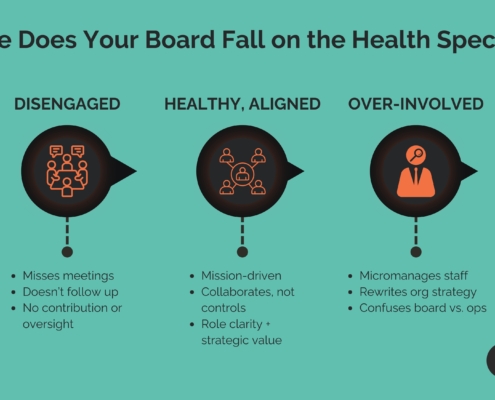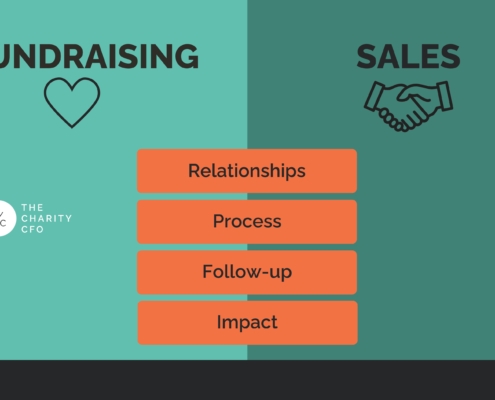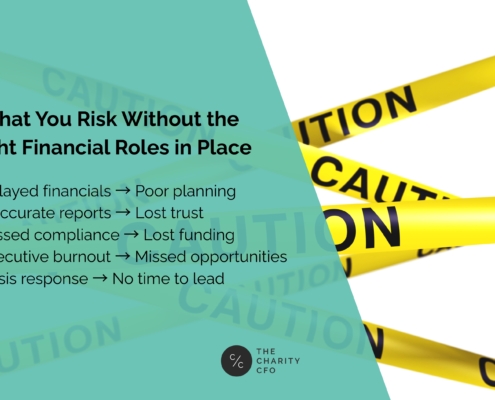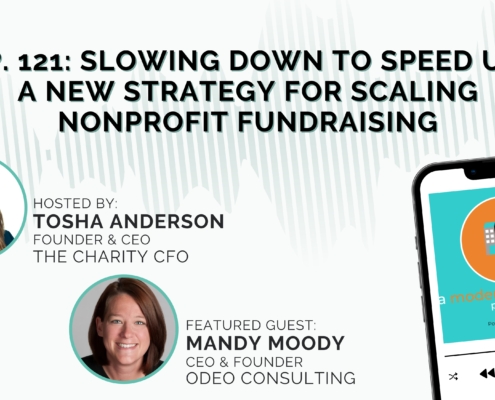Cost is a major factor when weighing the value of financial leadership. A full-time CFO represents a long-term investment, while a fractional CFO offers a flexible alternative that aligns more easily with changing nonprofit budgets.
A full-time CFO typically commands a six-figure salary, as well as requiring additional costs for healthcare, retirement, payroll taxes, and benefits. And that’s not to mention time and resources for recruitment, onboarding, and retention.
This model may make sense for large, established nonprofits with complex funding portfolios and multi-million dollar budgets.
In contrast, a fractional CFO allows nonprofits to access senior-level expertise without the full-time price tag. Services are usually billed as hourly, monthly retainers, or project-based engagements. There are no benefits or long-term employment obligations, and you can scale up or down based on your needs.
For small to mid-sized nonprofits, or those in growth mode, a fractional CFO can deliver critical financial clarity without stretching limited resources.














